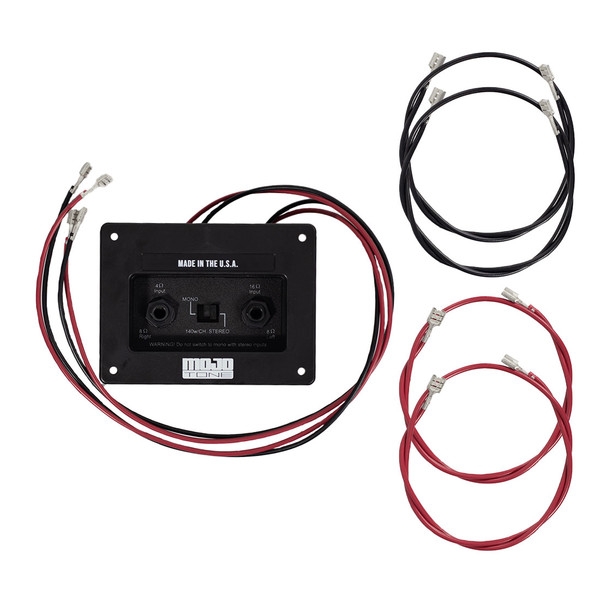Maidenmatt
Member
- Joined
- Oct 17, 2019
- Messages
- 12
- Reaction score
- 31
Hey guys,
I’m having some issues with my JCM900 1960B Cabinet. It is intermittently cutting out and dropping volume. Upon doing some research, I believe it to be the mono/stereo plate. Upon testing my JVM through my 1936 2x12 using the same speaker cable etc it is rock solid.
Would you guys recommend getting a direct replacement plate or hardwiring to 16ohm mono?
I’ve seen a few diagrams and links to more American websites but no so much UK sites where I can source the bits I would need.
Would love to get the cab up and running considering it cost me a grand total of £75 (Yes, £75!) from one of my best mates!
Cheers in advance for any help offered!
Matt.
I’m having some issues with my JCM900 1960B Cabinet. It is intermittently cutting out and dropping volume. Upon doing some research, I believe it to be the mono/stereo plate. Upon testing my JVM through my 1936 2x12 using the same speaker cable etc it is rock solid.
Would you guys recommend getting a direct replacement plate or hardwiring to 16ohm mono?
I’ve seen a few diagrams and links to more American websites but no so much UK sites where I can source the bits I would need.
Would love to get the cab up and running considering it cost me a grand total of £75 (Yes, £75!) from one of my best mates!
Cheers in advance for any help offered!
Matt.




